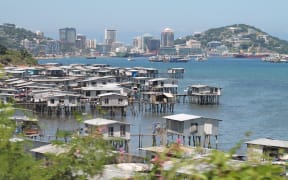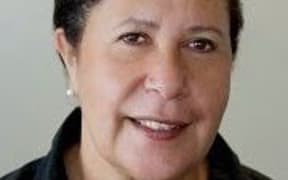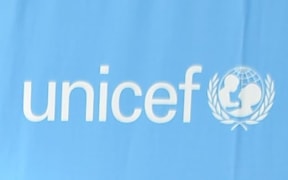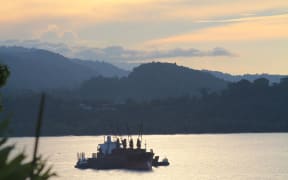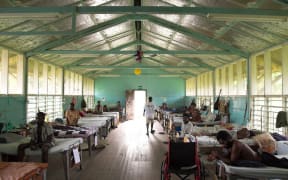This weekend the United Nations launches its sustainable development goals with the aim of ending poverty and building a life of dignity for all.
They will replace the 8 Millennium Development Goals, which have been place since 2000, after first being mooted at the 1992 Earth Summit in Rio de Janeiro.
World leaders, heads of global financial institutions and other dignitaries have been converging on New York, where the UN is set to launch the new goals framework with its stated aim to end poverty and build a life of dignity for all.
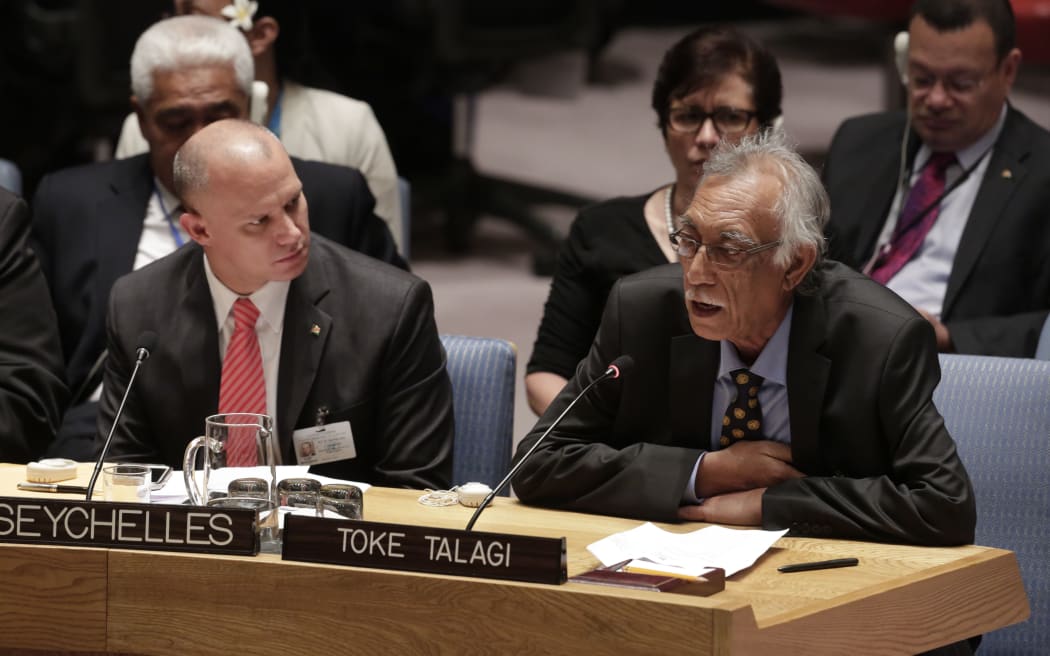
The premier of Niue, Toke Talagi, addressing the United Nations in July, 2015, about issues facing Small Island Developing States. Photo: UN Photo/Evan Schneider
Joining them will be Pope Francis, who is due to address the UN General Assembly during a visit timed for the global gathering.
The new sustainable development agenda has emerged from three years of negotiations to address the three interconnected elements of economic growth, social inclusion and environmental sustainability.
The Administrator of the UN Development Programme, Helen Clark, says the new agenda means doing development differently.
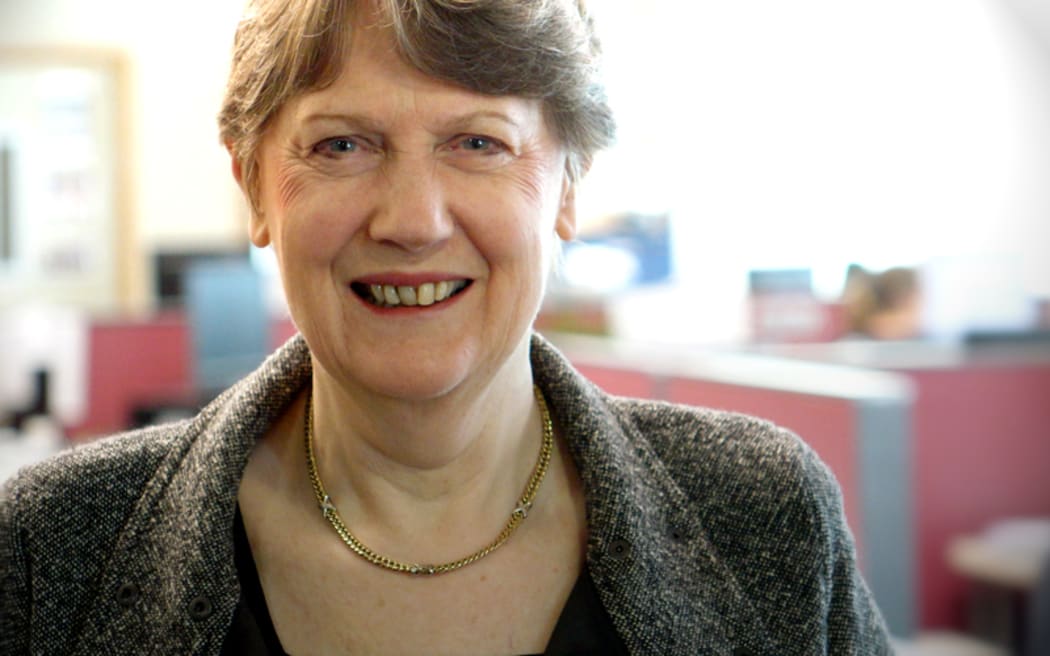
Helen Clark in Radio New Zealand's newsroom in Auckland. Photo: RNZ / Kim Baker Wilson
This new framework, 'Transforming Our World: the 2030 Agenda for Sustainable Development' is composed of 17 goals and 169 targets and seeks to wipe out poverty, fight inequality and tackle climate over the next 15 years.
The MDGs grew out of the 1992 UN Conference on Environmental and Development better known as the Earth Summit held in Rio de Janeiro, Brazil, where the concept of sustainable development began to gain momentum.
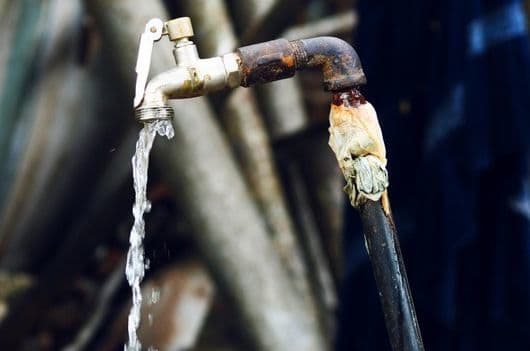
Poor access to clean water is a feature of most Pacific Island countries Photo: RNZ / Johnny Blades
Mixed results for Pacific Island countries on MDGs
With 2015 set as the target year for the MDGs, it became clear several years ago that a number of Pacific island countries would not reach most of the goals.
The biggest of the Pacific island countries, Papua New Guinea, has failed on all the MDGs, despite significant investment in the country and its rapid economic growth over recent years.
However gains have been made in some areas across the region, such as reduction of malaria infection.
Development experts have warned that it is unrealistic to take a "one size fits all" approach to the development agenda in the region.
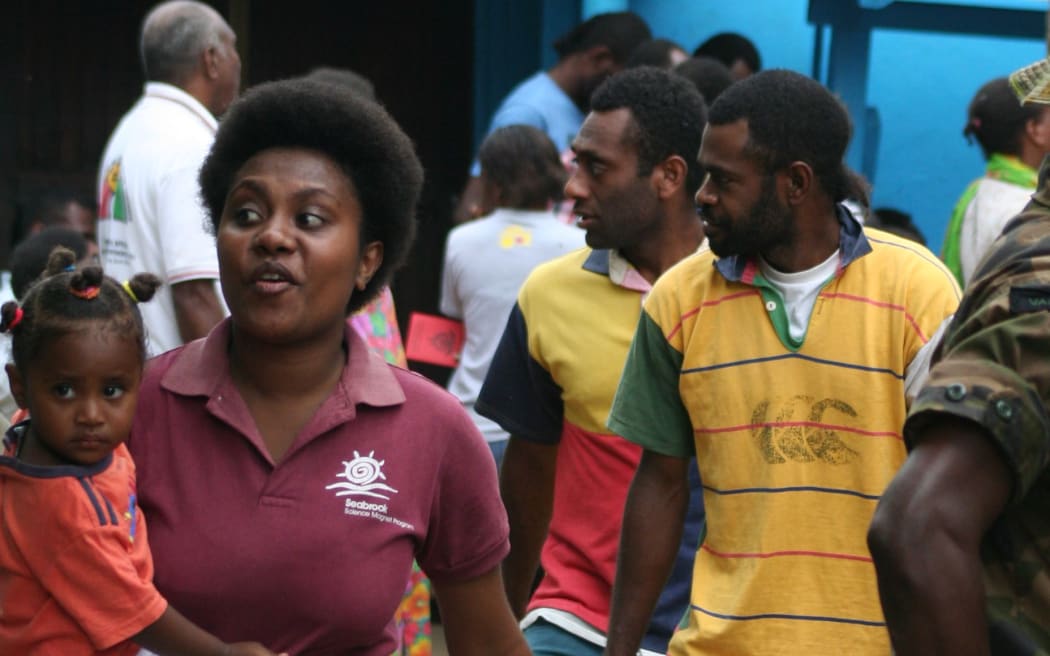
Many Pacific Island countries have burgeoning youthful populations Photo: RNZ / Johnny Blades
The UN Secretary-General Ban Ki-moon described the new agenda as "a clarion call" to share prosperity, empower people's livelihoods, ensure peace and heal the planet.
However, some Pacific Islanders warn that the UN community is taking on a new set of goals without any serious reflection on what went wrong with the earlier ones.
The Secretary General's deputy, Jan Eliasson, says the UN leadership is mobilising the UN system, member states, civil society, the private sector and the scientific community to ensure transformative change takes place.
He says 2015 could turn out to be a historic year for the United Nations if the world can also agree on a bold agenda to combat climate change in Paris this December.
